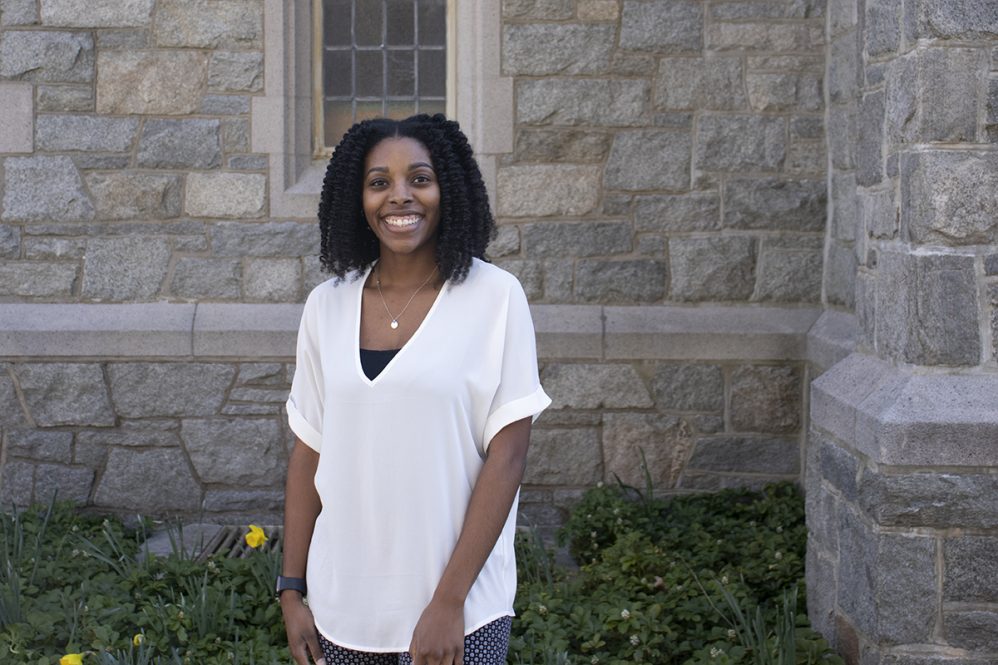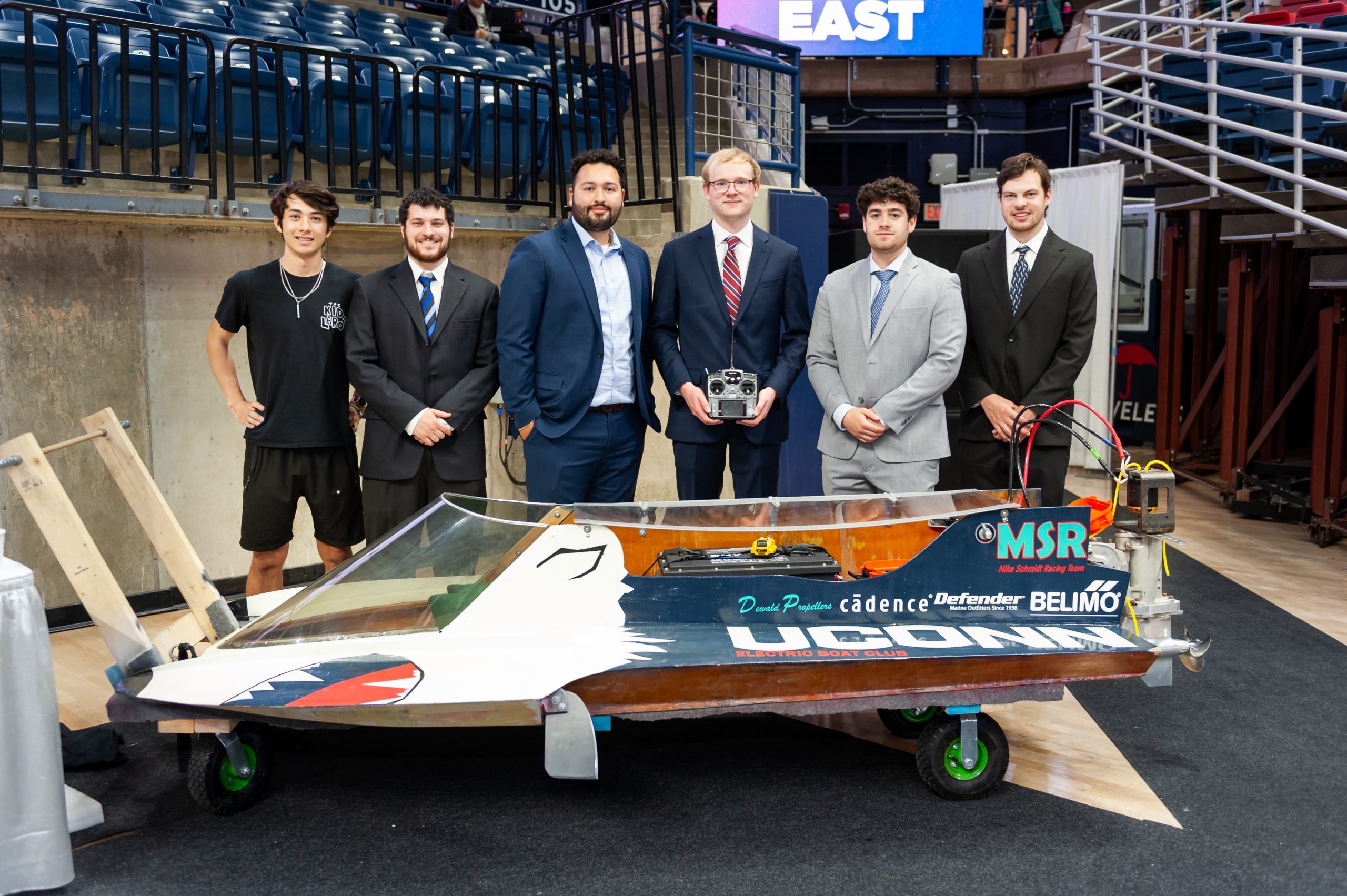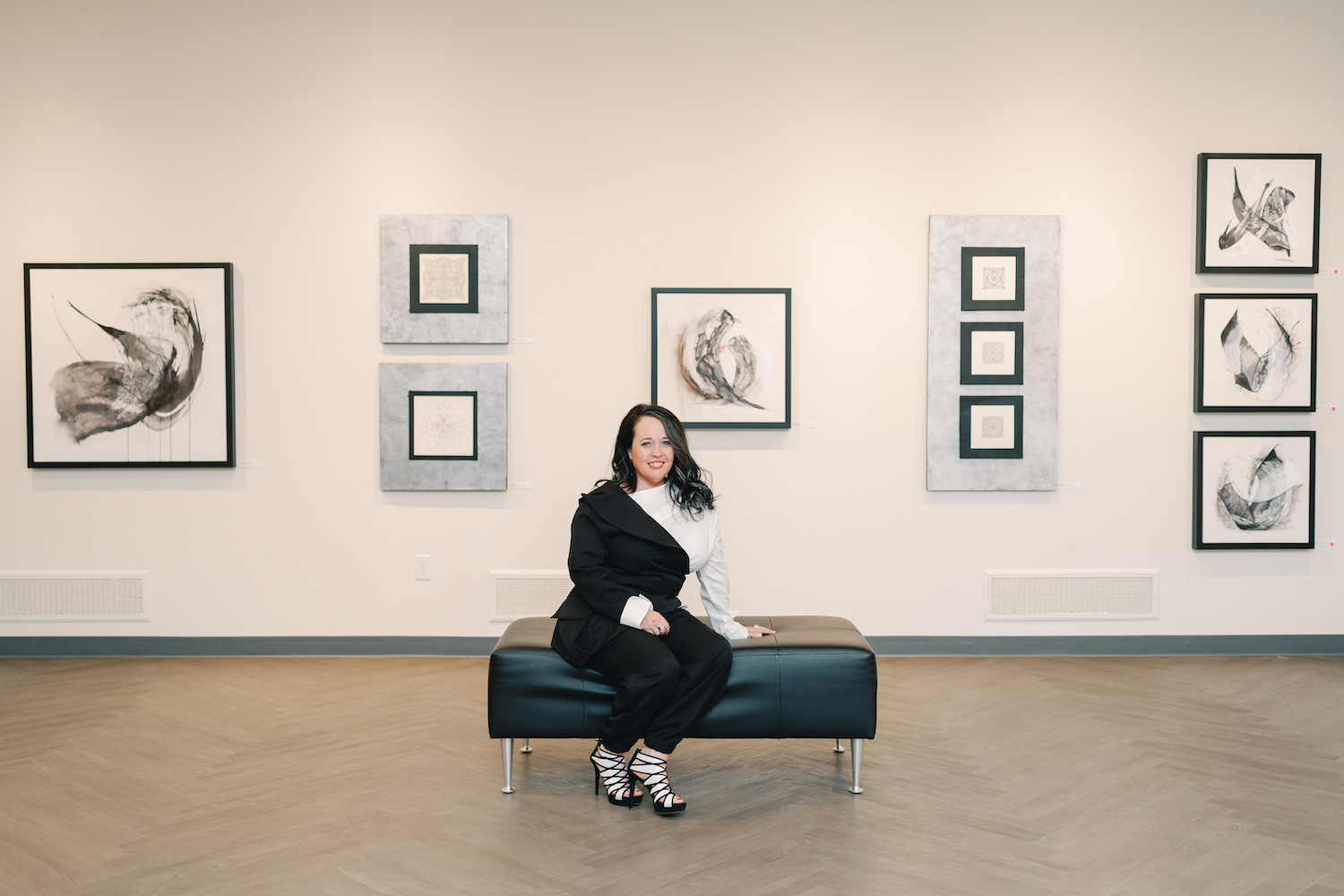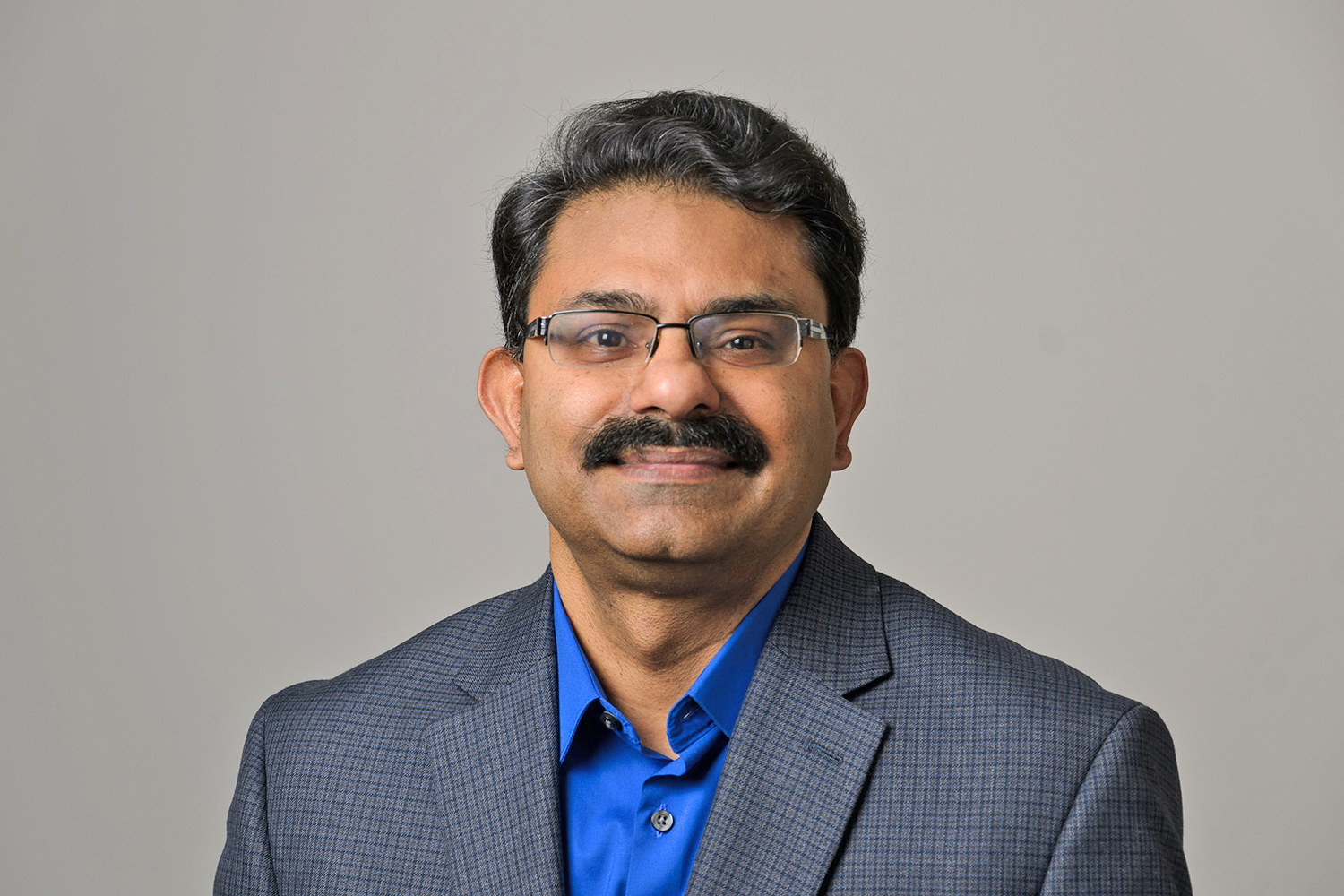Joyce A. Lopes ’24 always knew she wanted to go to law school, but an undergraduate internship with the Baltimore County Public Defender’s Office revealed a missing piece to her plan.
When Lopes heard a social worker share mitigating information on the background of a juvenile being sentenced for murder, she wondered if an early intervention could have kept the defendant from reaching that point.
Lopes decided to pursue a dual degree in law and social work would give her a more complete approach to helping people. She brought that approach to UConn School of Law’s Criminal Defense Clinic this academic year.
Recognizing that clinic has many clients with mental health and social service needs, Director Anna VanCleave reached out to the School of Social Work to offer field placements to students like Lopes who are pursuing a JD and a master’s degree in social work. VanCleave believes the criminal defense field has been slow to recognize the need to adopt interdisciplinary elements in criminal defense lawyering.
“Our partnership with the School of Social Work dramatically improves our ability to serve our clients’ legal needs, and Joyce’s impact in particular has been immeasurable,” VanCleave said. “Her training and experience as a social work student help us to tell our clients’ stories to courts and prosecutors and to find resources that keep clients in the community. Moreover, having a social worker in the classroom helps all of us to see what multilayered, client-centered advocacy can look like.”
Lopes is the first student to work at the Criminal Defense Clinic to fulfil one year of the School of Social Work’s fieldwork requirement. She is helping build social service infrastructure to place clients in programs that meet their needs and help their criminal cases. She also started a project to put in place best practices for defenders who encounter clients with suicidal ideation.
As she has worked with clients from a legal perspective, Lopes has brought social work principles to bear, considering the whole person and focusing on strengths. She has revamped the initial interview and intake process to better communicate with clients.
“Social work has a very deep understanding of meeting each person where they’re at, understanding their environment and looking at that person as a whole person,” Lopes said. “With the clinic, we need background and factual information but then get right to what happened. Giving them a chance to talk about that and their feelings gets the relationship off on a much better start.”
There have been times when incongruities have arisen between the two disciplines. Lopes said social work is very focused on recognizing the individual’s need to make their own choices and have their own autonomy, where in law the attorney must sometimes make a decision. Both roles have a specific set of ethics. She has worked with VanCleave and her School of Social Work field instructor, Regina Grant MSW ’09, to help reconcile those issues, which she said has not been difficult.
Lopes’s work involves building mitigation for clinic clients, including cases carrying serious charges. What she is learning in her social work classes – with a concentration in individuals, groups and family practice – has helped her build relationships with clients and make them feel comfortable opening up to her.
“Joyce, as a JD/MSW student, has been able to recognize the clinical needs of her clients assigned within her legal clinic field placement to provide appropriate advocacy within the judicial system,” Grant said. “She’s undoubtedly been an asset to this field placement.”



